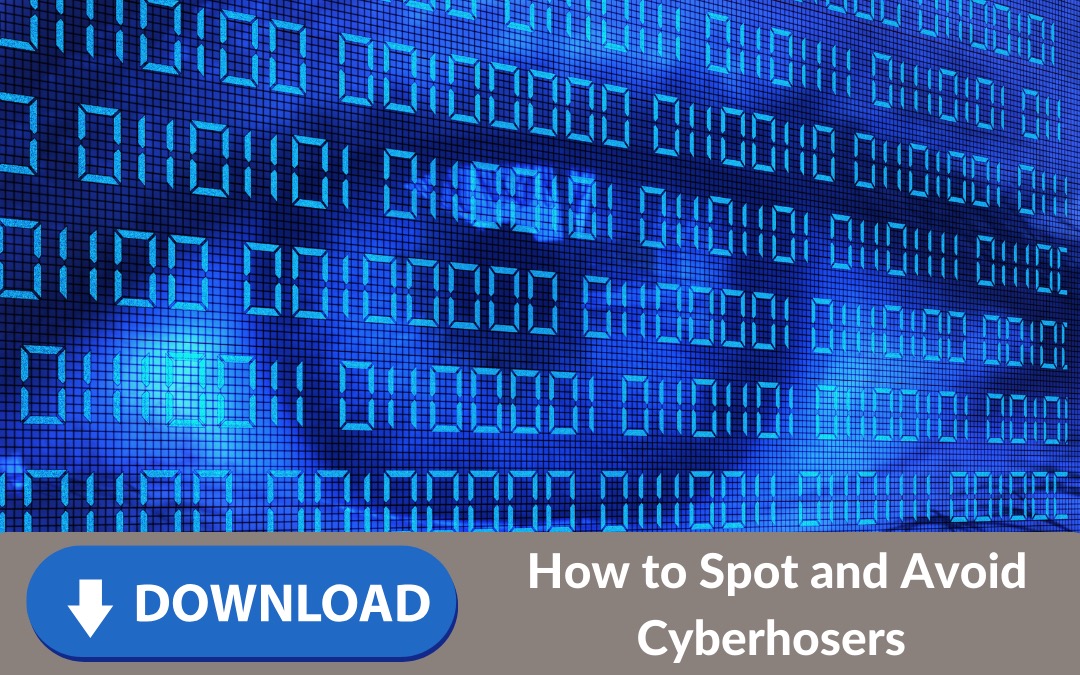Hey there, folks! Discover how to outsmart sneaky download scams aiming to steal your data! Learn how seemingly harmless attachments can be malicious, and protect yourself with expert tips, in this eye-opening article.
Today, I want to talk to you about a sneaky little trick some Cyberhosers like to use. It’s called a download scam, and it can really mess up your day if you’re not careful.
So here’s how it works:
You receive an email from someone you may or may not know asking you to open or download a document attachment. It could be something innocent, like a PDF file that seems harmless enough at first glance. But listen up – behind that innocent-looking attachment lies danger!
When you click on the attachment, it might ask you to sign in to another website, like an email provider or a file-sharing platform. Seems legit, right? Wrong! That link is actually what we call a phishing site – designed by those pesky hosers who are out to steal your personal information 🕵️♂️
Once they’ve tricked you into signing in with your credentials on their fake website ⚠️ , these hackers now have access to your account information and can potentially gather even more sensitive data about you 😱
Now I know what you might be thinking – “How can I protect myself against these download scams?” Well, worry not!
Here are my favorite ways to stay safe:
- Double-check the sender: Before opening any attachments or clicking on any links in emails (especially if they’re unexpected), take a moment to verify the sender’s identity. If anything seems fishy 🐟 , don’t take the bait.
- Hover before clicking: If an email asks you to click a link or button, hover your mouse cursor over it without actually clicking 👆 . This will reveal where the link leads – so make sure it matches what was promised in the message.
- Use common sense: Remember that old saying – “If it sounds too good to be true, it probably is”? Well, that applies here, too. If an email or attachment seems suspicious or offers something too good to pass up, think twice before taking the risk.
- Stay updated: Keep your computer’s software and operating system current. Regular updates often include critical security fixes that can help protect you from scams like these.
Most importantly:
If you ever doubt the authenticity of an email or attachment, wait to check before you download it! Better safe than sorry, especially with protecting your personal information 👍
Remember, folks, when facing a download scam ✋ , stay calm and alert! By following these tips and trusting your instincts, you’ll be well on your way to outsmart those cyber crooks 🦹♀️🧠
Stay safe out there!


